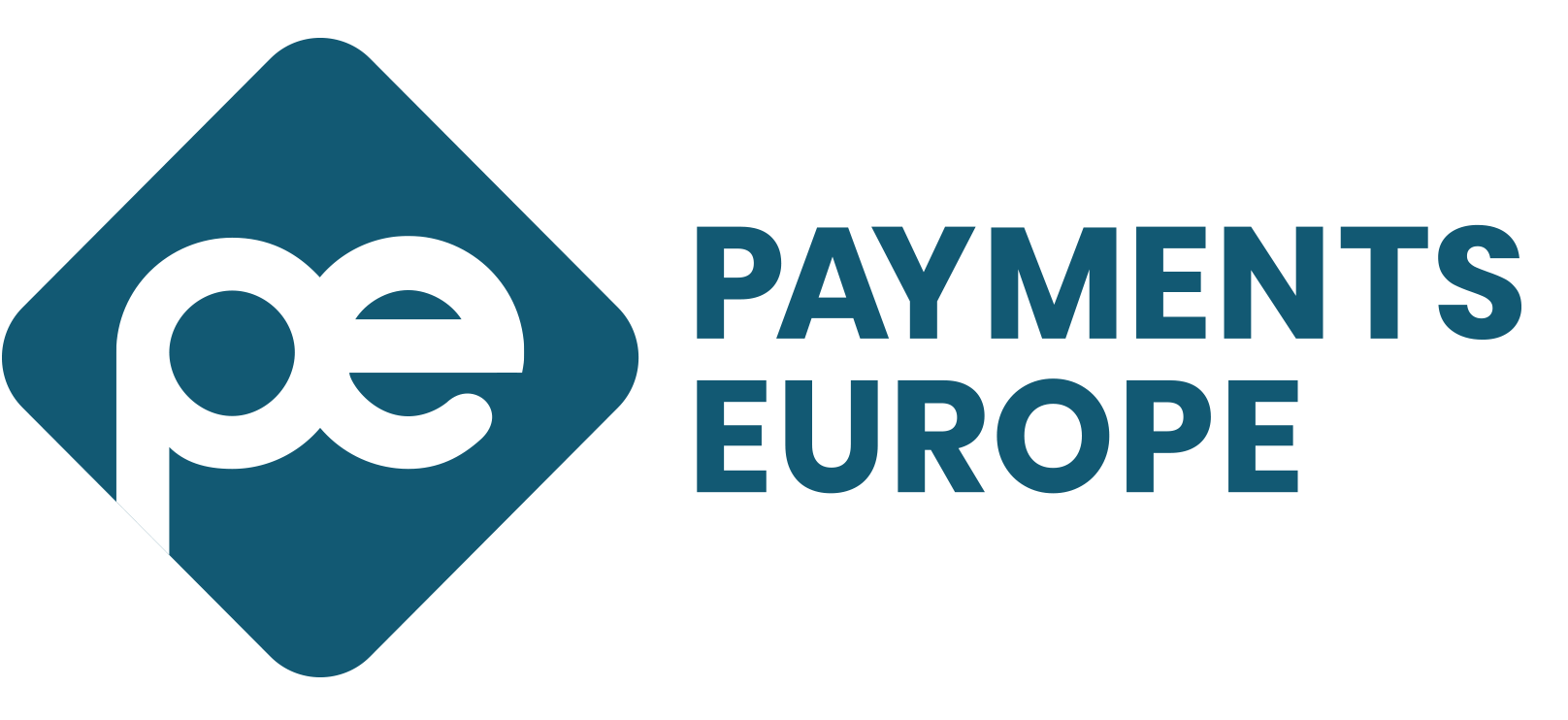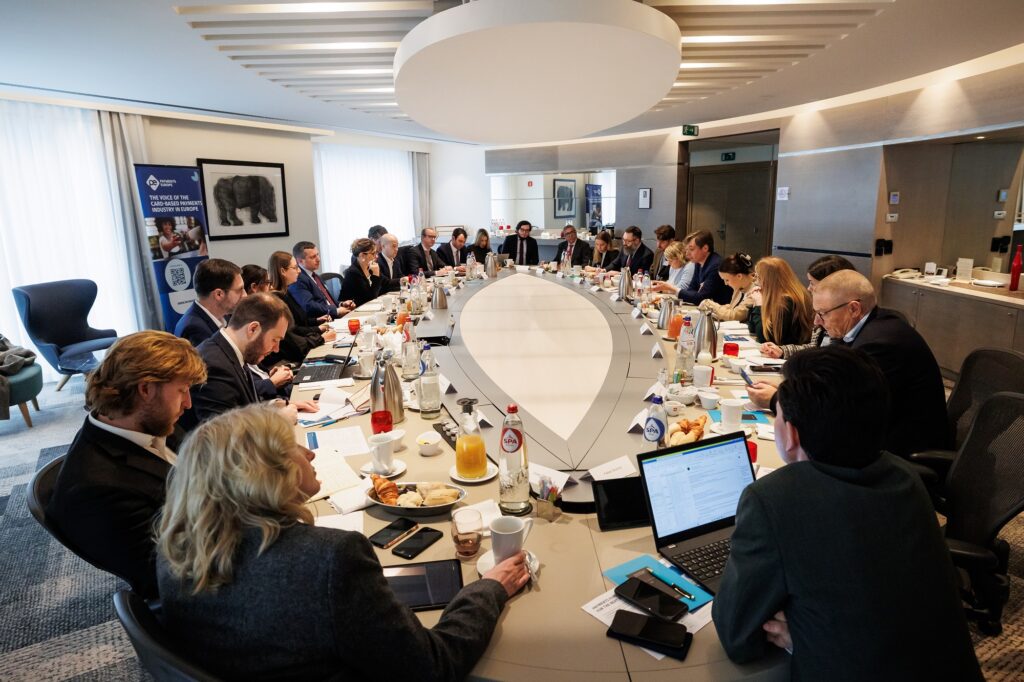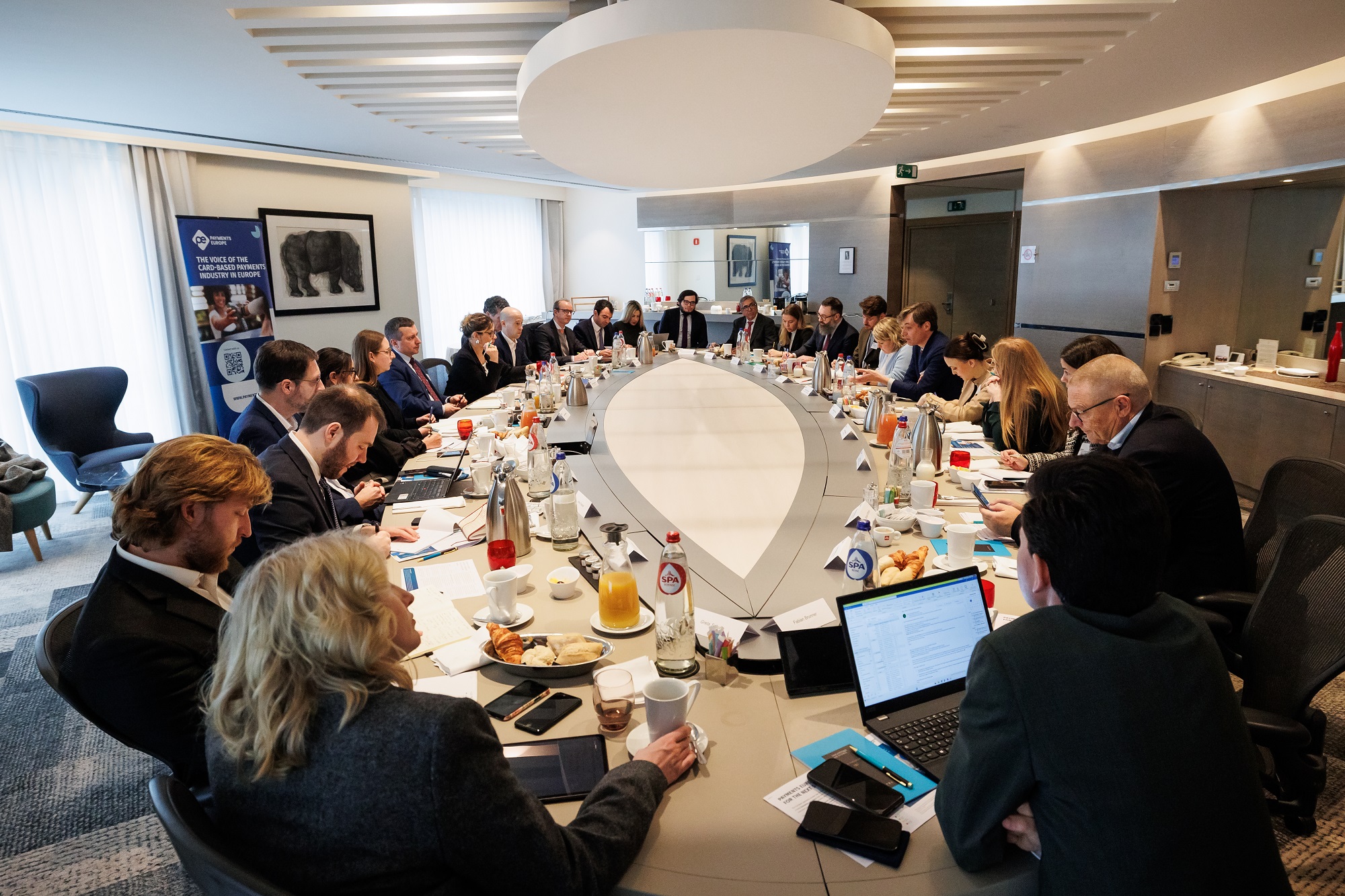On December 3, Payments Europe convened policymakers, industry leaders, and subject matter experts for a high-level roundtable on the Payment Services Regulation and Directive (PSR/PSD) and the Digital Euro. The event took place at a key moment in the EU’s political cycle: at the crossroads of the Hungarian and Polish Presidencies of the Council and with the new European Commission in office. With over 30 experts around the table, we are especially grateful for the valuable contributions from representatives of the incoming Polish Presidency, alongside the French, German, Italian, Spanish, Danish and Cypriot permanent representations to the EU. Recurring discussion topics were fraud prevention, open banking, ensuring the highest level of data protection, and fair competition.
Our members’ view
What are our priorities in relation to PSR and PSD? In brief:
- A collective and sector-wide approach to effectively prevent fraud. Payments Europe recommends that liability should encompass all stakeholders in the value chain, rather than burdening only one of the many involved, to recognise that fraud involves multiple parties.
- A flexible and proportionate Strong Customer Authentication (SCA) framework balancing security and usability to incentivise private actors to invest and implement innovative solutions.
- Outsourcing agreements should be permitted to allow PSPs to delegate SCA to multiple entities efficiently.
- Increased clarity on authorisation and authentication processes to ensure legal certainty and operational efficiency alongside the explicit recognition of behavioural and environmental characteristics as valid factors to improve fraud prevention.
Market evolution and competition
Payments Europe believes the Digital Euro can further enrich Europe’s digital payments landscape. The European payments market is in constant evolution and today there are more brands and solutions available than ever before. The market is working well, and consumers and merchants benefit from the multiple payment options available. As the legislative framework for the Digital Euro moves forward, here are Payments Europe’s priorities:
- The ECB’s role should be to uphold open market principles, ensure fair competition with private payment solutions, maintain a clear separation of responsibilities to avoid conflicts of interest and promote transparency in co-badging discussions to preserve a level playing field.
- The Digital Euro shall come with a fair compensation model, exempting value-added services from price caps to foster innovation, ensuring PSPs and merchants are incentivized to invest and promoting an open acceptance framework leveraging existing infrastructure to minimize costs, enhance compatibility, and support consumer choice.
- Balancing financial stability and user privacy in the Digital Euro is essential and as such, holding limits shall be carefully calibrated. Additionally, clarity on privacy protections, and robust safeguards to ensure trust and stability without compromising user expectations must be implemented.
Dialogue between policymakers, regulators and industry is key to ensuring we meet what European consumers and merchants need: a safe, innovative, and competitive payments landscape. As the new EU Presidency sets its priorities, our association remains committed to engaging in an evidence-based dialogue and driving impactful initiatives that support progress, for the benefit of Europe’s consumers and merchants, and the payments market of the future.
Please refer to our detailed publications for a comprehensive view of Payments Europe’s positions on the Digital Euro and PSD3 and PSR. For more updates on our work and upcoming initiatives, follow us on social media and subscribe to our newsletter. Email us here to join our work in shaping Europe’s payments future!







